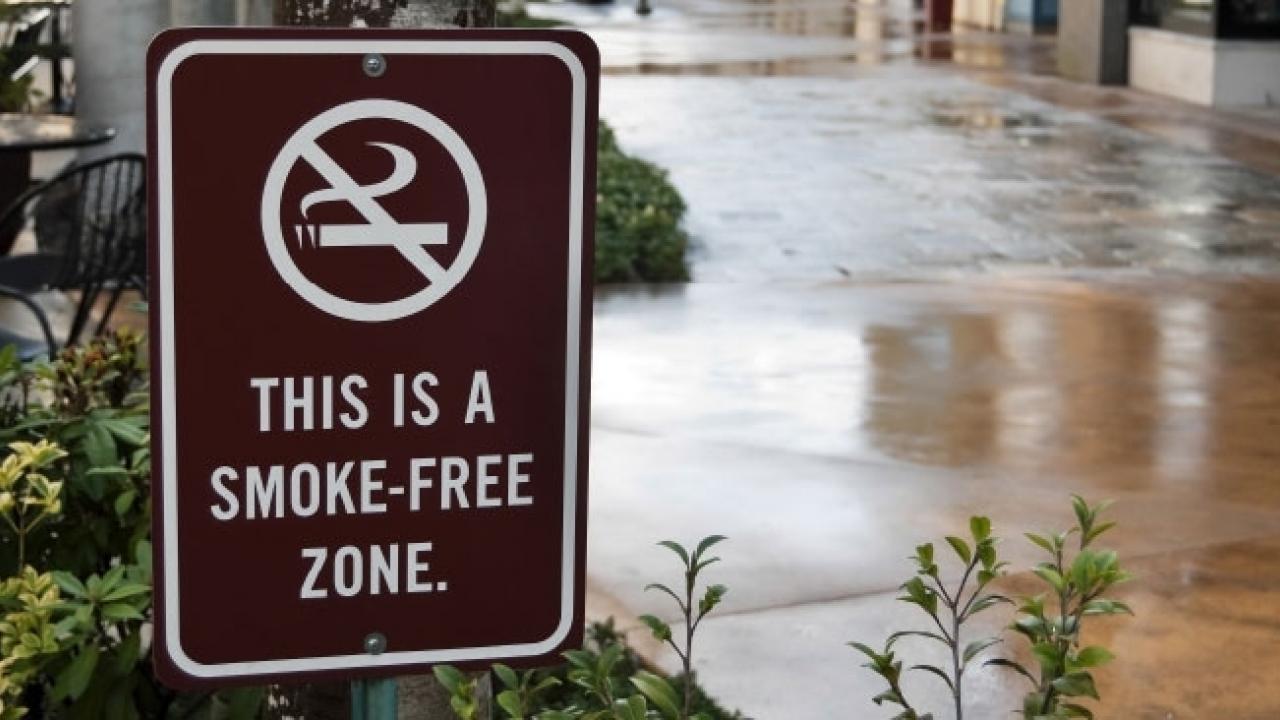
In the summer of 2016, the Centers for Disease Control and Prevention reported that cancer had surpassed heart disease as the leading cause of death in California and 21 other states.
The news was particularly distressing given increased awareness that “Up to half of cancers could be avoided if we put into practice what we know about cancers’ causes and how to prevent them,” says Alan Ashworth, president of the UCSF Helen Diller Family Comprehensive Cancer Center (HDFCCC) and senior vice president for Cancer Services at UCSF Health.
That awareness and the increased use and refinement of implementation science – the study of methods that help successfully integrate evidence-based interventions into health care and community settings – are the driving forces behind a growing number of ambitious new cancer prevention initiatives, from small, community-based projects to larger, international efforts.
 Alan Ashworth (left), Linda SarnaNurses and nurse scientists often play a critical role.
Alan Ashworth (left), Linda SarnaNurses and nurse scientists often play a critical role.
A Key to Cancer Prevention
“Nurses should be great champions for the behavior change needed for cancer prevention,” says Linda Sarna (PhD ’89), interim dean at UCLA School of Nursing and co-founder of Tobacco Free Nurses with UC San Francisco School of Nursing’s Stella Bialous. “We are the largest health care profession – 19 million worldwide and more than 3 million in the U.S. We are also one of the most trusted professions, and regularly have close encounters with patients in all types of settings across all socioeconomic strata.”
Bialous – an associate member of the HDFCCC, who in 2012 received the International Society of Nurses in Cancer Care Distinguished Merit Award – adds, “Numerous initiatives and studies around the world have shown that prevention does not happen on a large scale unless nurses are engaged from the very beginning, both at the decision-making and delivery levels.”
 Stella BialousBialous and Sarna offer some important examples. Close to home, the two served as consultants on the UC Quits initiative, which aims to prevent lung and other tobacco-related cancers by developing a UC-wide tobacco cessation network and UC e-referral system with the California Smokers’ Helpline. One key piece of the effort is the integration of smoking cessation questions and treatment advice into electronic medical records across UC systems.
Stella BialousBialous and Sarna offer some important examples. Close to home, the two served as consultants on the UC Quits initiative, which aims to prevent lung and other tobacco-related cancers by developing a UC-wide tobacco cessation network and UC e-referral system with the California Smokers’ Helpline. One key piece of the effort is the integration of smoking cessation questions and treatment advice into electronic medical records across UC systems.
“Smoking is the single largest preventable cause of death and disease in this country, and smoking cessation has to be part of the [clinical] workflow, just like verifying blood pressure readings. We have to make time for it,” says Bialous.
“[In UC Quits] we’ve educated nurses about why this is so important and given them a place to record their interventions,” says Sarna. “The model we use reaches large numbers of nurses, uses clinically relevant educational programs and resources to increase awareness, and builds skills to transform what a good nurse does.”